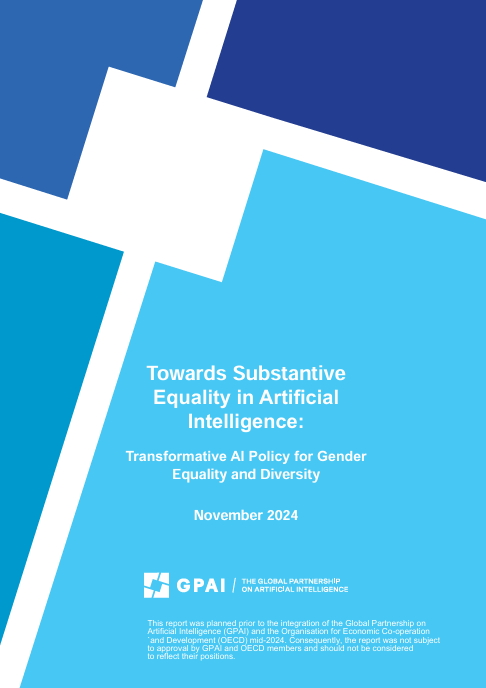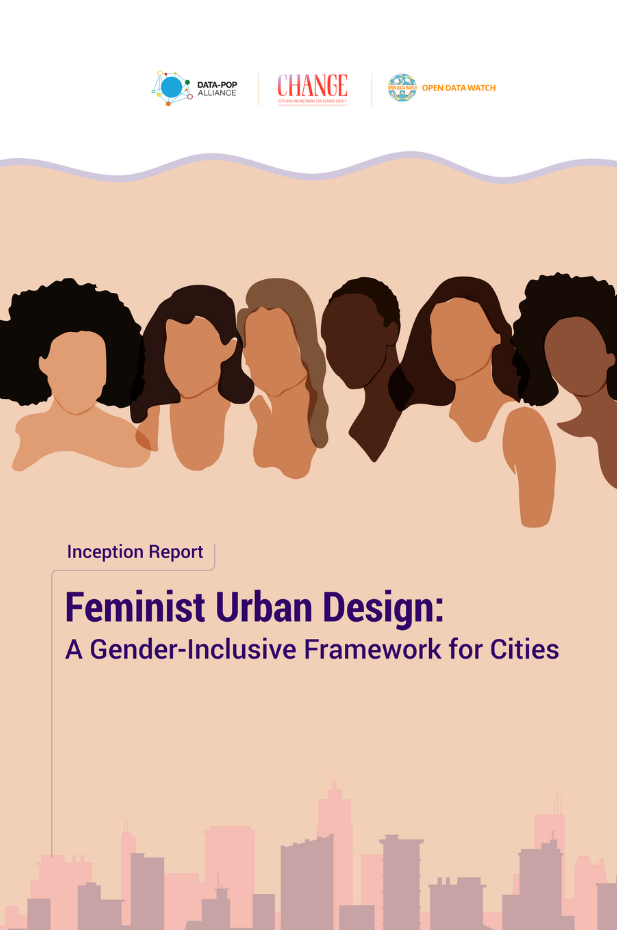Big Data as a socio-technological phenomenon has the potential to generate new insights on the functioning and interaction of human and natural ecosystems. In particular, Big Data can improve our understanding of how societies deal with shocks related to climate change, and inform policies and actions to foster adaptive mechanisms. However, such positive effects will not occur automatically and investments to address the technological, human, and ethical barriers of Big Data will be necessary. This article analyzes these factors and makes a series of recommendations on the potential for leveraging Big Data for climate change resilience in LAC, impediments in doing so, and requirements if this is to be effective.
Big Data – Predicting and Preventing Climate-Related Shocks
- English
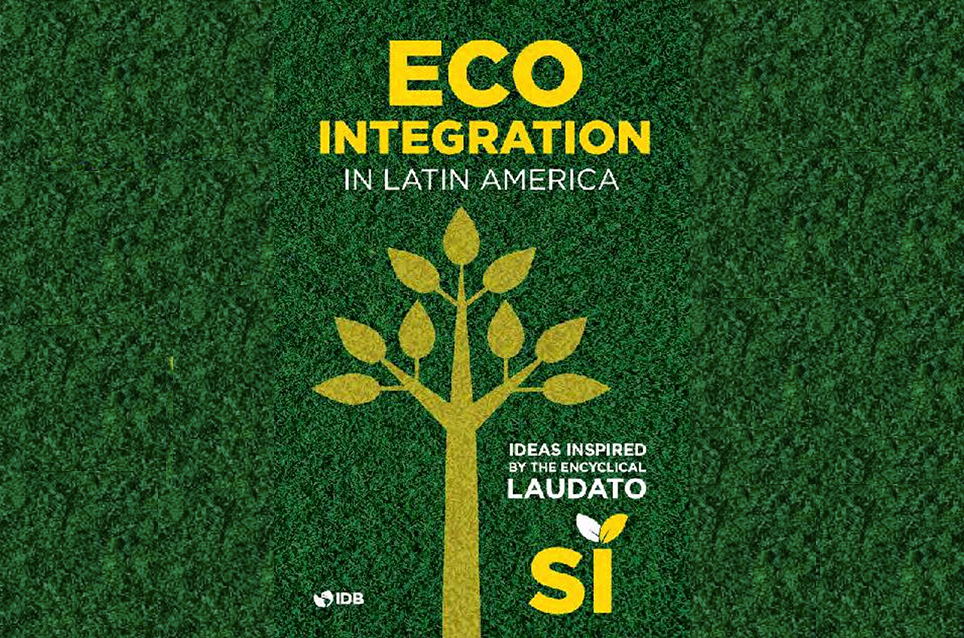

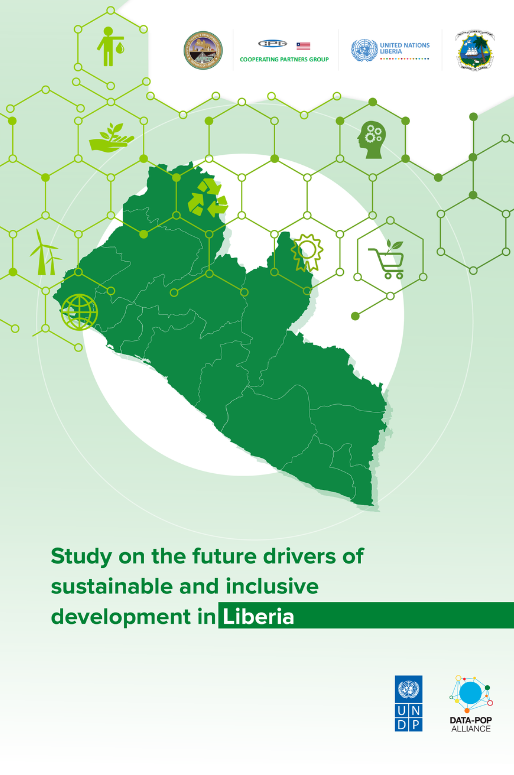

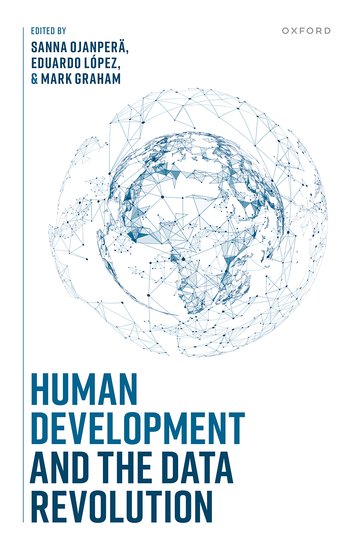
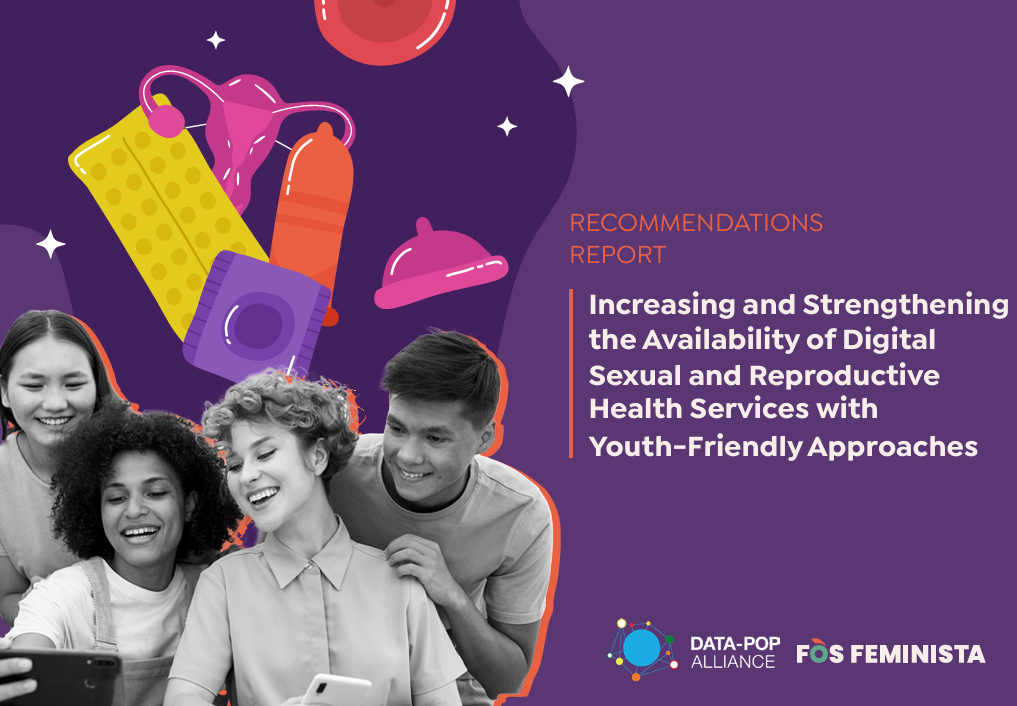
![[P124] cover Bangladesh_Report](https://datapopalliance.org/wp-content/uploads/2025/04/P124-cover-Bangladesh_Report.png)

![[WEB] Feature Blog Post](https://datapopalliance.org/wp-content/uploads/2025/02/WEB-Feature-Blog-Post-.png)

